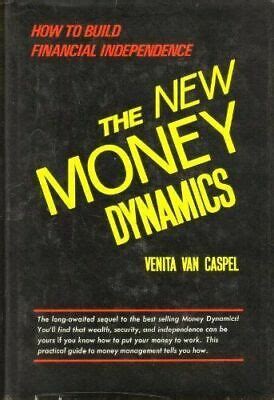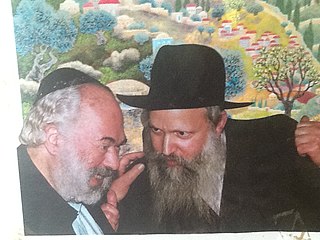A Quote by Gautama Buddha
By three things the wise person may be known. What three? He sees a shortcoming as it is. When he sees it, he tries to correct it. And when another acknowledges a shortcoming, the wise one forgives it as he should.
Related Quotes
The optimist sees a light at the end of the tunnel, the realist sees a train entering the tunnel, the pessimist sees a train speeding at him, hell for leather, and the machinist sees three idiots sitting on the rail track. "The optimist proclaims that we live in the best of all possible worlds; the pessimist fears this is true."
It is ignorance that is at times incomprehensible to the wise; for instance, he may not see 'the positive person' or 'the negative person' in a black and white way as many people do. A wise man may not understand it because, as a catalyst of wisdom, but not wise in his own eyes, even he can learn from and give back to fools. To think that an individual has absolutely nothing to offer to the table is counter-intuitively what the wise man considers to be 'the ignorance of hopelessness'.
Who’s to say that it takes something like a drug to mess with your perception of reality? How did Hitler deceive a nation? How can one group of people look at the world and see one thing, and another see something completely different? One sees a town, another sees a desert. One sees beauty, another sees chaos.” The skin of this world,” he said quietly.
An enterprising person is one who comes across a pile of scrap metal and sees the making of a wonderful sculpture. An enterprising person is one who drives through an old decrepit part of town and sees a new housing development. An enterprising person is one who sees opportunity in all areas of life.
Much has been said of the loneliness of wisdom, and how much the Truth seeker becomes a pilgrim wandering from star to star. To the ignorant, the wise man is lonely because he abides in distant heights of the mind. But the wise man himself does not feel lonely. Wisdom brings him nearer to life; closer to the heart of the world than the foolish man can ever be. Bookishness may lead to loneliness, and scholarship may end in a battle of beliefs, but the wise man gazing off into space sees not an emptiness, but a space full of life, truth, and law.
































